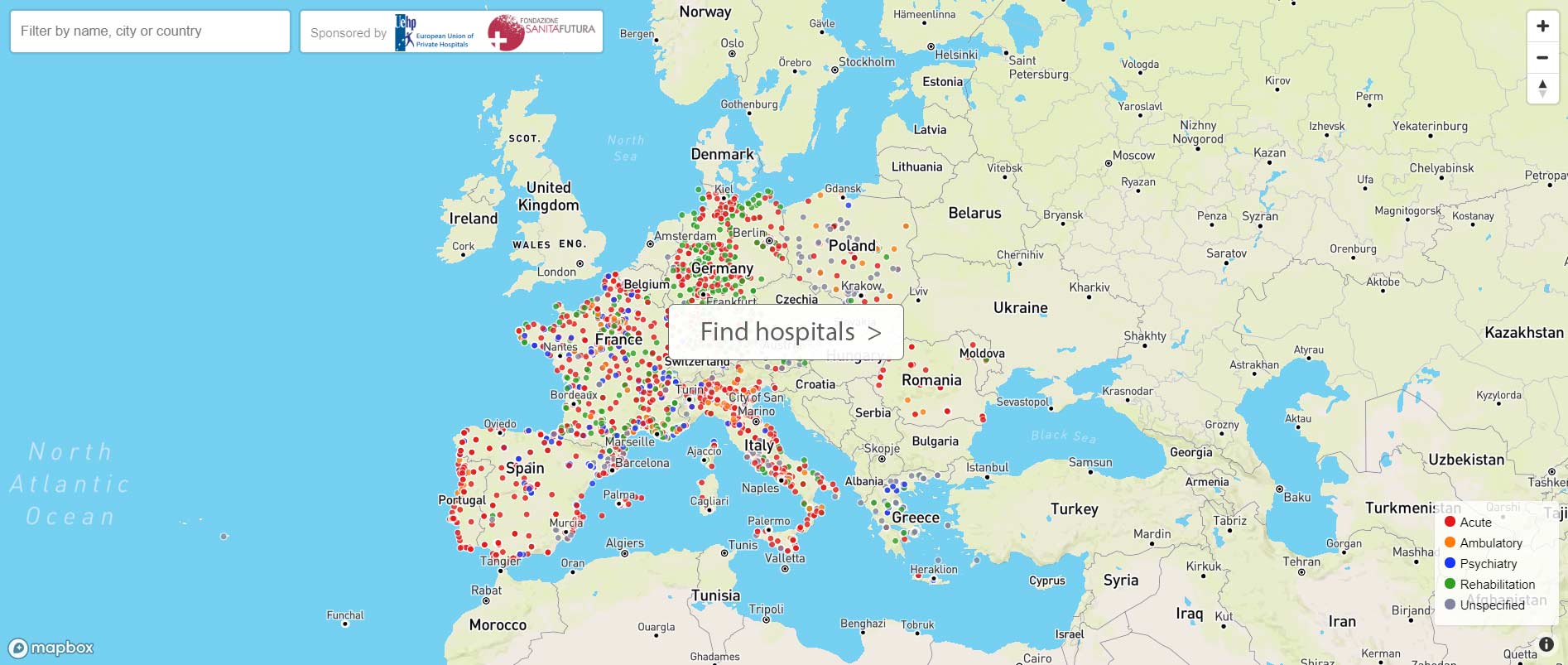
Five years after its approval, the 2011/24 directive, which aims to liberalise access to healthcare for citizens throughout the Union, did not take off, as evidenced by the small number of applications filed in 2014 (109,223 for Europe).
Published reports (2015 Commission report on the operation of the cross-border healthcare Directive and the Eurobarometer on Patient Rights published in May 2015) as well as ongoing discussions, show that concerns around patient information and National Contact Points (NCP) performances persist and continue to be identified as critical issues still to be addressed.
Among the obstacles, it is important to remember that some Member States appear to be deliberately complicating cross-border healthcare processes for patients. According the report of the Commission, the States do not inform enough citizens (all patient groups including vulnerable patients) and the Eurobarometer survey reveals that fewer than two out of ten Europeans are informed of their rights to cross-border access to care. « A big obstacle is the necessity in 21 out of the 28 european countries to become a prior authorisation, especially for hospitalisations and high-tech health care provision » explain Alberta Sciachi, from the Italian Federation Private Hospitals (AIOP).
In order to follow-up on the transposition of the Directive, a questionnaire collecting data for the year 2015 has been elaborated and submitted to all National Contact Points of the European Countries. 23 countries only answered and no replies have been received from Austria, Finland, France, Iceland, Latvia, Lithuania and Portugal. Despite the difficulties to collect data in some countries, some common concerns could be identified:
– Low citizens awareness
– Low reimbursement tariffs
– Burdensome administrative work
– Extended systems of Member States implementation
– Healthcare subjected or not to prior authorisation
– Differences between Directive 2011/24/UE and Regulation 987/2009
European Patients Forum’s point of view link: http://www.uemo.eu/2016/11/02/uemo-and-the-conference-towards-amplified-awareness-of-eu-rights-to-cross-border-care/
There is not much practical experience among patient organizations yet and there is little involvement of patients, mainly due to the lack of information, the barriers to access in cross-border healthcare, as well as the lack of awareness of the Directive. Moreover, there is a lack of awareness by medical professionals who should at least have general awareness on cross-border healthcare.
The Benelux countries on the contrary have a longstanding cross-border cooperation, which shows that it is necessary to fill the directive with life and enhance cooperations.
(Written in cooperation with Alberta Sciachi, AIOP)


